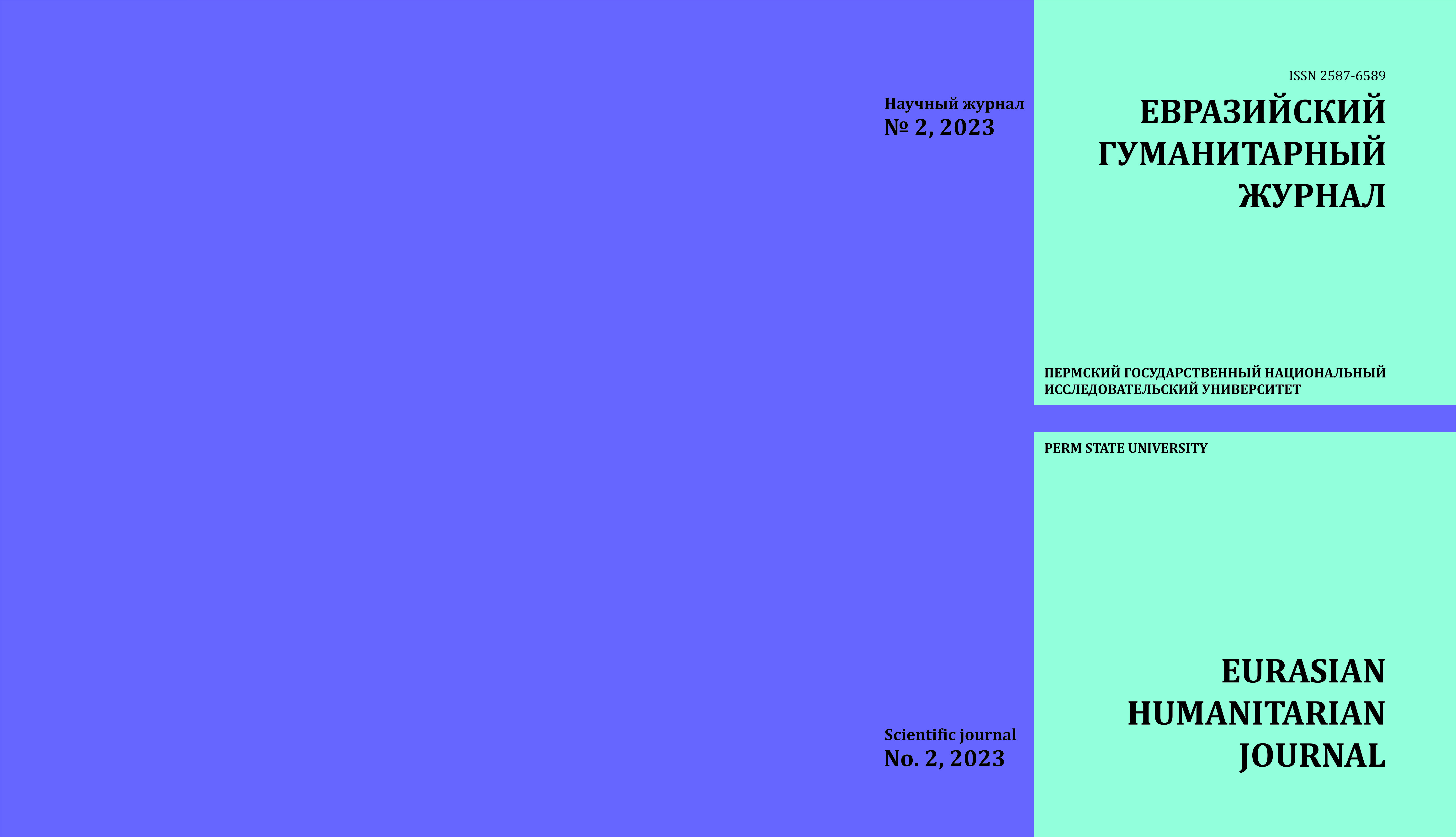ISOMORPHISM OF FORM AND CONTENT IN THE CONTEXT PHILOSOPHY AND LINGUISTICS FROM THE SECOND HALF OF THE 20TH CENTURY TO THE EARLY 21ST CENTURY
Keywords:
isomorphism, homomorphism, systems theory, language system, philosophy of science, contemporary linguisticsAbstract
Isomorphism plays a key role in understanding the functioning patterns of diverse systems, especially a system of language. This article provides a concise overview of the accumulated knowledge of isomorphism from the perspective of philosophy and linguistics spanning from the latter half of the 20th century to the early 21st century. As a rule, isomorphism is considered as the similarities of properties, connections and/or relationships between objects or systems. This term is used in various scientific domains, well researched and clearly presented in natural sciences, mathematics, and logic. Since the mid-20th century, isomorphism has integrated into humanities and social sciences, including philosophy and linguistics. Philosophers unveil the essence of the phenomenon, enhancing its definitional clarity. Language is described as a holistic system possessing a distinctive structure, since the principles of cybernetics, the concepts of information theory, and the genetic representations are widely spread in contemporary linguistics.These trends have sparked a great interest among linguists to identify and analyze various cases of isomorphism. Scholars endeavor to describe an internal organization of a language system and examine the interplay between different structural levels of a language. At present, there is no a universally accepted definition of the phenomenon in linguistics. Isomorphism can be defined as the similarities between the units of different structural levels or the similarities between the units of the same structural level of one or multiple languages. The prospects for further research lie in identifying and describing the cases of isomorphism, which instrument verbs have, in Russian, English, and German.Downloads
Published
2023-06-30
Issue
Section
ОБЩЕЕ ЯЗЫКОЗНАНИЕ

